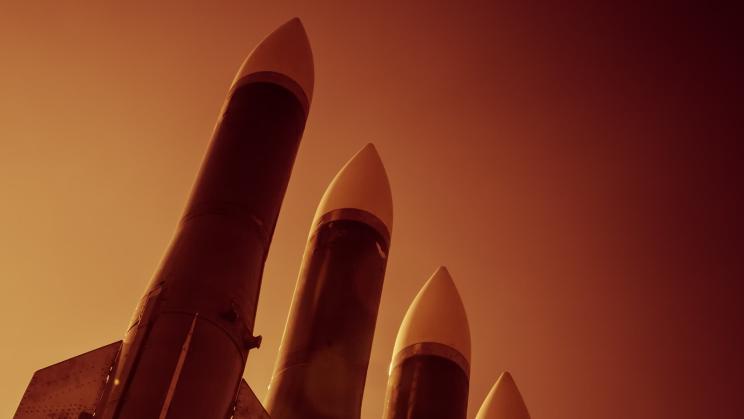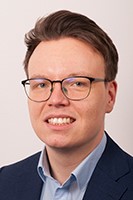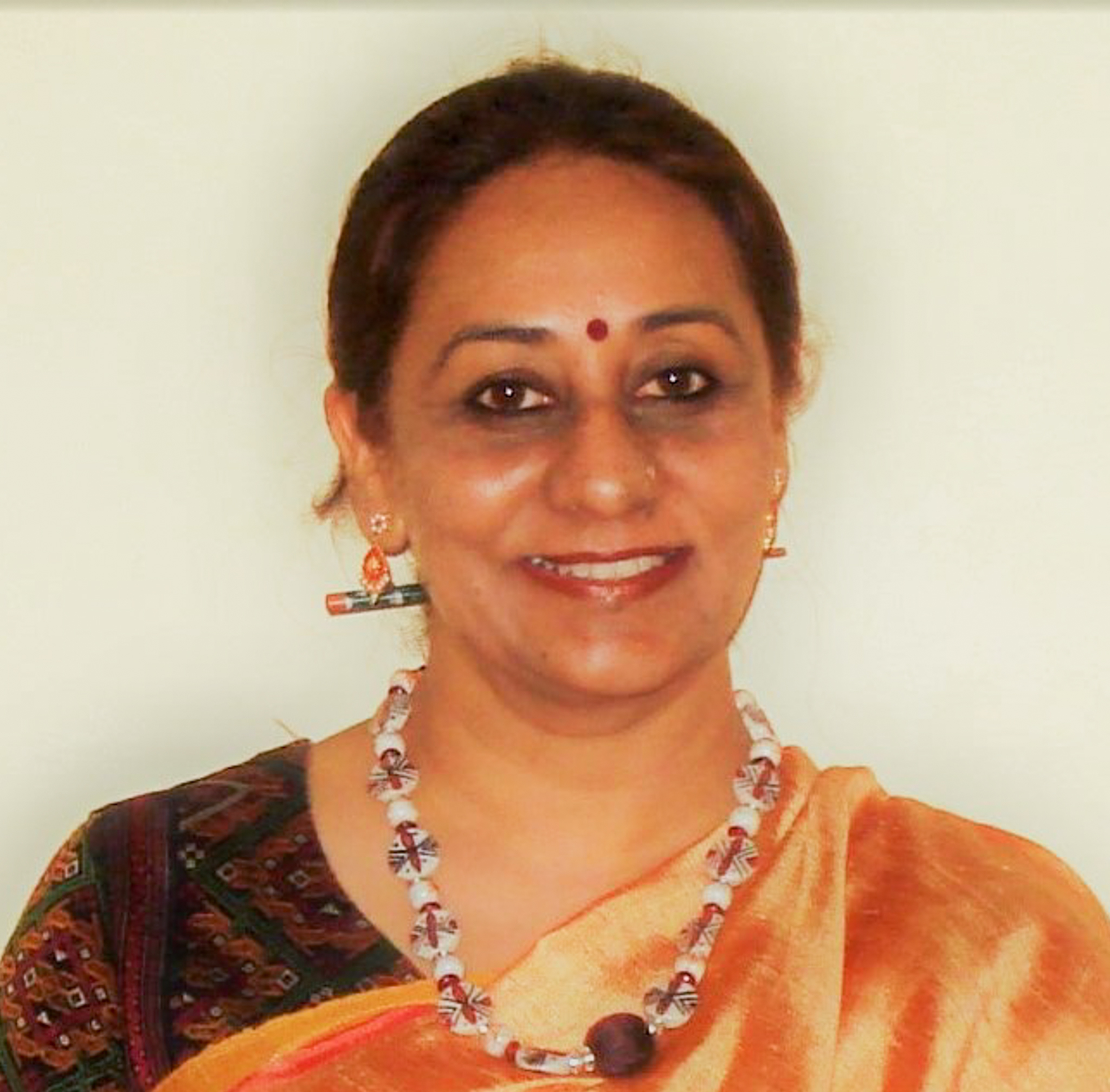
10 November 2022, 14:45–16:00 CET
The rationale behind much of the international missile non-proliferation regime is to control missiles for their possible use as delivery systems of nuclear, chemical and biological weapons. Yet there is a trend towards using conventionally armed high-precision missiles and other uncrewed delivery systems for broader military missions, including ‘strategic’ missions. Emerging, advanced missile technologies, including hypersonic missiles, are developed for both conventional and nuclear missions. And other delivery systems, including uncrewed aerial vehicles (UAVs), now also fulfil a growing range of military missions, long fulfilled only by missiles. These delivery systems have a significant impact on contemporary conflict.
Despite this, during the Russian invasion of Ukraine, Russia's massive use of missiles on military and civilian targets has not given Russia a decisive advantage. This, to some extent, calls into the question the significance and military utility of missiles. In this context, it is important to develop a differentiated approach to rethinking the existing instruments, approaches and norms of missile and other NCB delivery system non-proliferation.
This session will provide an opportunity to discuss limitations to and opportunities for strengthening existing missile non-proliferation instruments. It will also provide space for rethinking the approach to controlling conventional and dual-capable missile proliferation, drawing on the perspectives of policymakers, analysts, technical and policy experts.
Moderator
 |
Lauriane HéauLauriane joined SIPRI as a Research Assistant in the Dual-Use and Arms Trade Control Programme in March 2022. She currently undertakes research on projects focusing on dual-use export controls in the Middle East, risks of diversion and misuse following arms exports, as well as post-shipment controls. As part of her work, Lauriane also follows cooperation and assistance activities on the ATT and other SALW control instruments. Prior to joining SIPRI, Lauriane worked on the implementation of EU-funded projects on non-proliferation, disarmament and European security at the Foundation for Strategic Research (FRS). In this capacity she worked for the EU Non-Proliferation and Disarmament Consortium, on a project on the Hague Code of Conduct (HCoC) and Ballistic Missile Proliferation, as well as on several Horizon 2020 projects. Previously, Lauriane also worked as a Research Assistant at Clingendael, and as a Research Intern on SALW transfers and controls at GRIP. |
Discussants
 |
Kolja BrockmannKolja Brockmann is a Senior Researcher in SIPRI’s Dual-Use and Arms Trade Control Programme. Kolja first joined SIPRI as an EU Non-Proliferation and Disarmament Consortium Intern and has been working at SIPRI since 2017. Prior to joining SIPRI, Kolja was an Intern with the German Federal Office for Economic Affairs and Export Control (BAFA) in Frankfurt. He graduated from King’s College London with an MA in Non-Proliferation and International Security. Kolja conducts research in the fields of export control, non-proliferation and technology governance. He focuses on controls on emerging technologies, in particular Additive Manufacturing (3D-Printing), and intangible transfers of technology (ITT). He has been working on export control compliance in industry, research and academia. In addition, Kolja contributes to the mapping of cooperation and assistance activities relevant to the implementation of the Arms Trade Treaty (ATT) in SIPRI’s Arms Trade Treaty database. |
 |
Fabian Rene HoffmannFabian Hoffmann is a PhD Research Fellow at the Oslo Nuclear Project. His PhD research focuses on the proliferation, deployment, and use of non-nuclear strategic weapons, in particular conventional precision-strike capabilities, and their implications on nuclear strategy and broader nuclear weapons policy (e.g., nuclear proliferation & disarmament). His broader research interests include military strategy, defense policy, and military technologies. Prior to joining the University of Oslo, Fabian Hoffmann worked as a research assistant at the International Institute for Strategic Studies (IISS). He holds an MA in War Studies from King's College London, UK, and a BA in International Relations from the University of Groningen, The Netherlands. |
 |
Manpreet SethiDr Manpreet Sethi, Distinguished Fellow, Centre for Air Power Studies, New Delhi, heads its programme on nuclear issues. Recipient of K Subrahmanyam award (2014), Commendation by Chief of Air Staff (2020) and Commendation by Commander-in-Chief, Strategic Forces Command (2022). Receiving her doctorate in 1997, she has worked on nuclear energy, strategy, arms control & disarmament. She is author/co-author/editor of nine books and over 120 papers. Sethi lectures at National Defence College and other establishments of Indian Armed Forces, Police, Foreign Services, and Universities. She is also regular participant at policy conferences, Track II initiatives and UNIDIR. In 2021, she was invited to present her views before the Advisory Board on Disarmament Matters of UN Secretary General. She was Member, Prime Minister’s Informal Group on Disarmament in 2012. She is on Board of Directors of Asia Pacific Leadership Network (APLN), and Co-chair, Women in Nuclear–India. She is also Co-chair of the Working Group on Reducing Pathways to Nuclear Use at Belfer Center, Harvard University. |